 How can AI optimize traffic flow, energy consumption, and resource allocation in cities?
How can AI optimize traffic flow, energy consumption, and resource allocation in cities?
AI can significantly optimize various aspects of urban life, such as traffic flow, energy consumption, and resource allocation, leading to more efficient, sustainable, and livable cities.
 How do surveillance AI systems contribute to societal inequalities and biases?
How do surveillance AI systems contribute to societal inequalities and biases?
Surveillance AI systems, while promising enhanced security and efficiency, can inadvertently contribute to societal inequalities and biases.
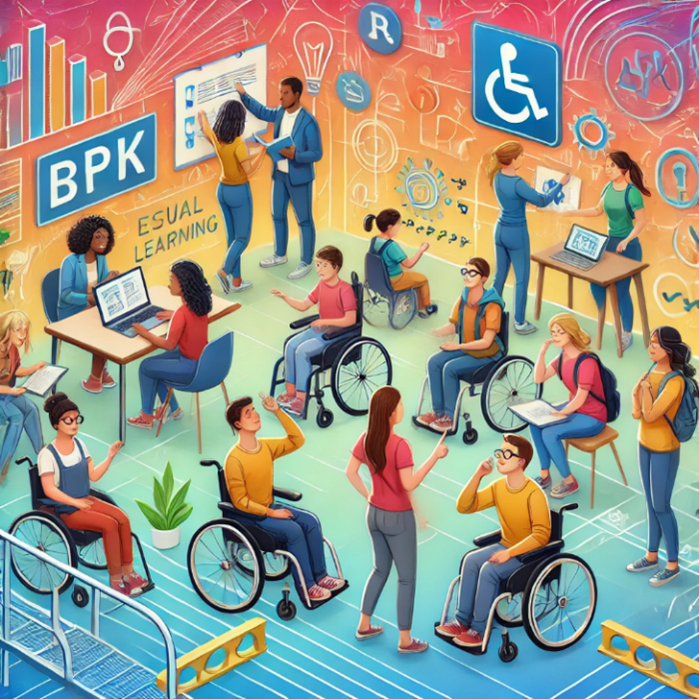 How effective are AI-based tutoring systems in improving educational outcomes?
How effective are AI-based tutoring systems in improving educational outcomes?
AI-based tutoring systems have shown considerable potential in improving educational outcomes, particularly by personalizing learning experiences and providing real-time feedback.
 What risks exist in using AI to manage public systems (e.g., energy grids, water)?
What risks exist in using AI to manage public systems (e.g., energy grids, water)?
Using AI to manage public systems such as energy grids, water distribution, and other critical infrastructure offers significant potential for efficiency and optimization
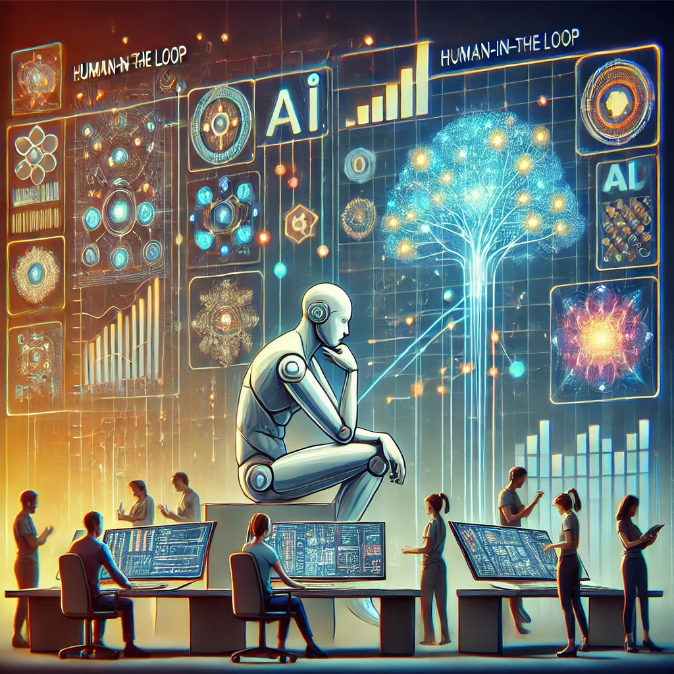 What safeguards can ensure the ethical deployment of facial recognition technologies?
What safeguards can ensure the ethical deployment of facial recognition technologies?
Facial recognition technology (FRT) has the potential to offer numerous benefits, such as enhancing security, improving user experiences, and streamlining processes in areas like law enforcement, healthcare, and retail.
 Can AI help bridge education gaps in underserved communities?
Can AI help bridge education gaps in underserved communities?
Yes, AI has significant potential to help bridge education gaps in underserved communities. These communities often face challenges such as limited access to high-quality teachers, inadequate educational resources, and socio-economic barriers.
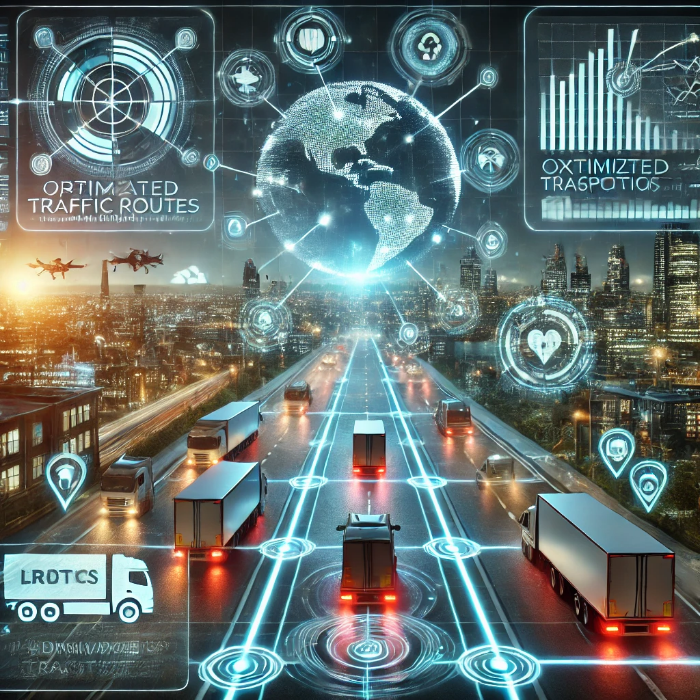 How can AI minimize supply chain disruptions and predict demand more accurately?
How can AI minimize supply chain disruptions and predict demand more accurately?
AI can minimize supply chain disruptions and predict demand more accurately through a combination of predictive analytics, machine learning, and real-time data integration.
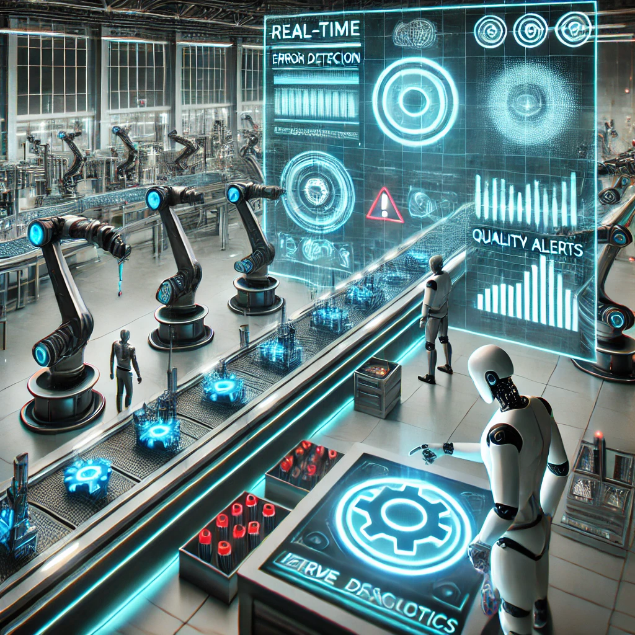 How can machine learning improve warehouse automation and real-time inventory tracking?
How can machine learning improve warehouse automation and real-time inventory tracking?
Machine learning (ML) can significantly improve warehouse automation and real-time inventory tracking by enhancing operational efficiency, accuracy, and responsiveness.
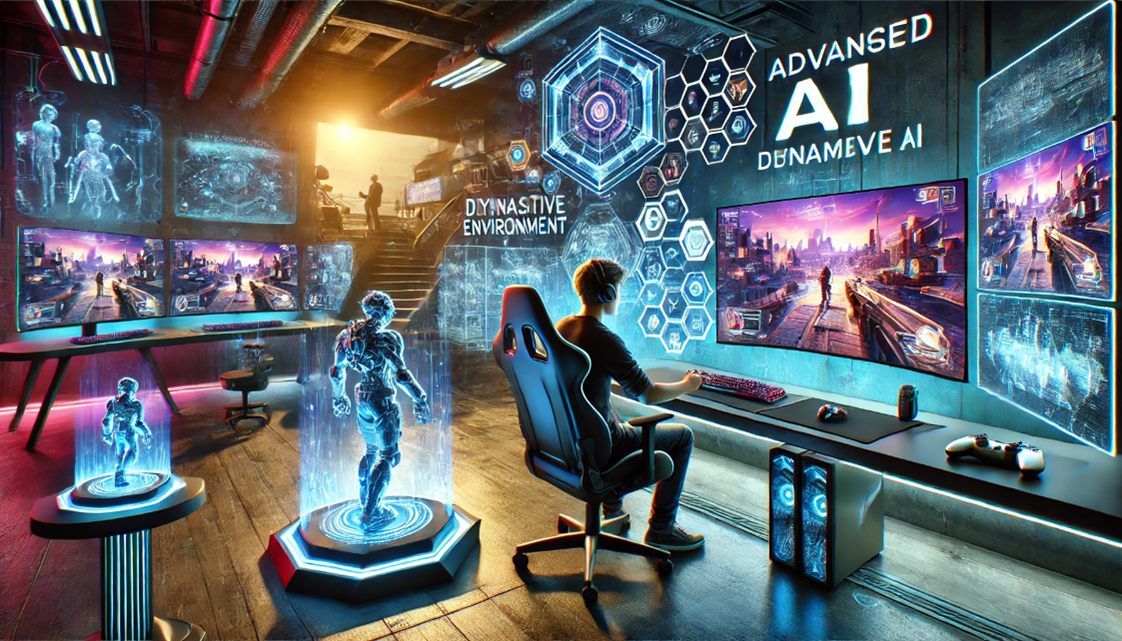 What advancements are being made in AI-driven procedural content generation?
What advancements are being made in AI-driven procedural content generation?
AI-driven Procedural Content Generation (PCG) has made significant advancements, particularly in the gaming and entertainment industries, where the need for large, dynamic, and diverse content is ever-growing.
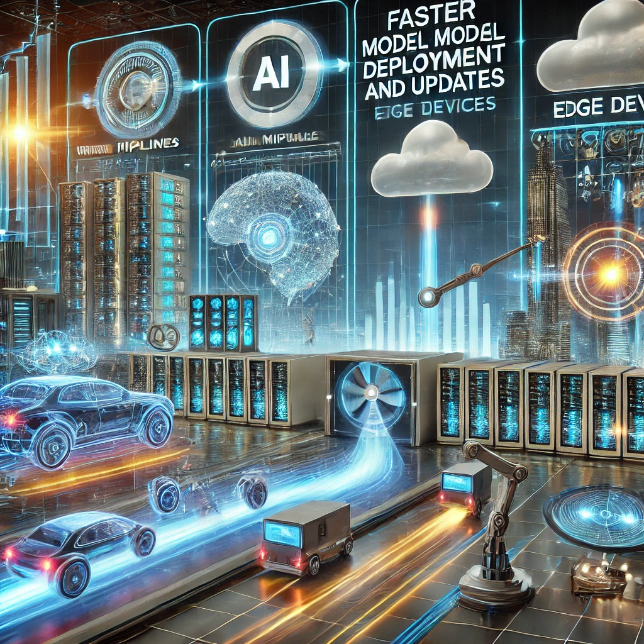 What are the benefits of deploying AI on edge devices over cloud-based systems?
What are the benefits of deploying AI on edge devices over cloud-based systems?
Deploying AI on edge devices (edge AI) instead of relying on cloud-based systems offers several distinct advantages, particularly in terms of performance, privacy, cost efficiency, and real-time capabilities.
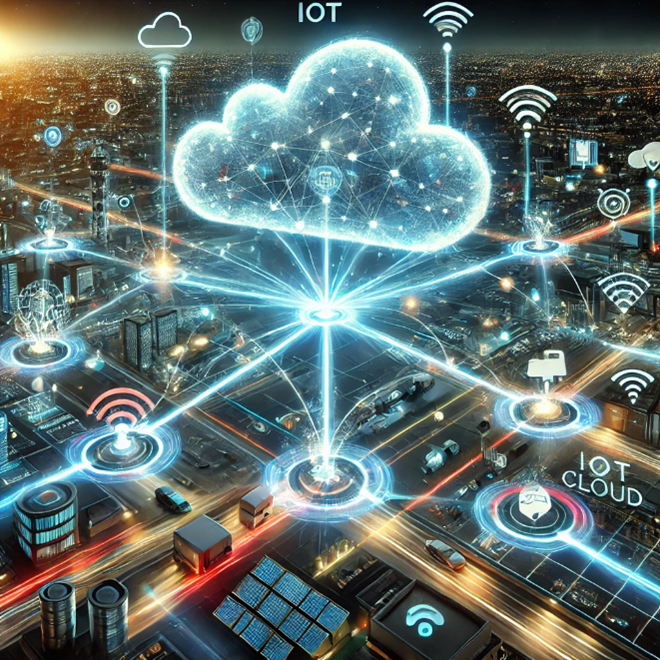 What challenges exist in developing lightweight AI models for edge deployment?
What challenges exist in developing lightweight AI models for edge deployment?
Developing lightweight AI models for edge deployment presents several challenges due to the constraints of edge devices, such as limited computational power, memory, storage, and energy resources.
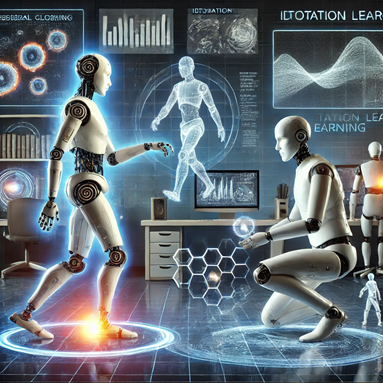 How can AI generate dynamic and realistic NPC behaviors in video games?
How can AI generate dynamic and realistic NPC behaviors in video games?
AI can significantly enhance the realism and dynamism of non-playable character (NPC) behaviors in video games by making them more responsive, adaptive, and contextually aware.
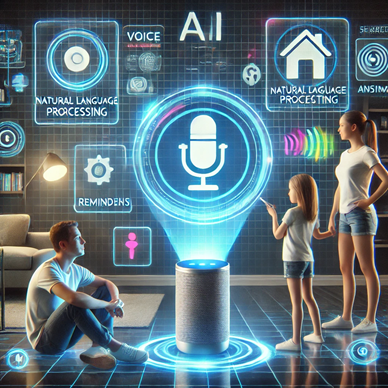 How can AI optimize the performance of IoT devices in smart homes and industries?
How can AI optimize the performance of IoT devices in smart homes and industries?
AI can significantly optimize the performance of IoT devices in both smart homes and industries
 What role does AI play in enhancing sustainability within global supply chains?
What role does AI play in enhancing sustainability within global supply chains?
AI plays a significant role in enhancing sustainability within global supply chains by improving efficiency, reducing waste, and enabling more responsible sourcing and production practices.
 How can AI enable seamless cross-cultural communication in global businesses?
How can AI enable seamless cross-cultural communication in global businesses?
AI can transform cross-cultural communication in global businesses by providing tools and frameworks that address the complexities of diverse languages, customs, communication styles, and preferences.
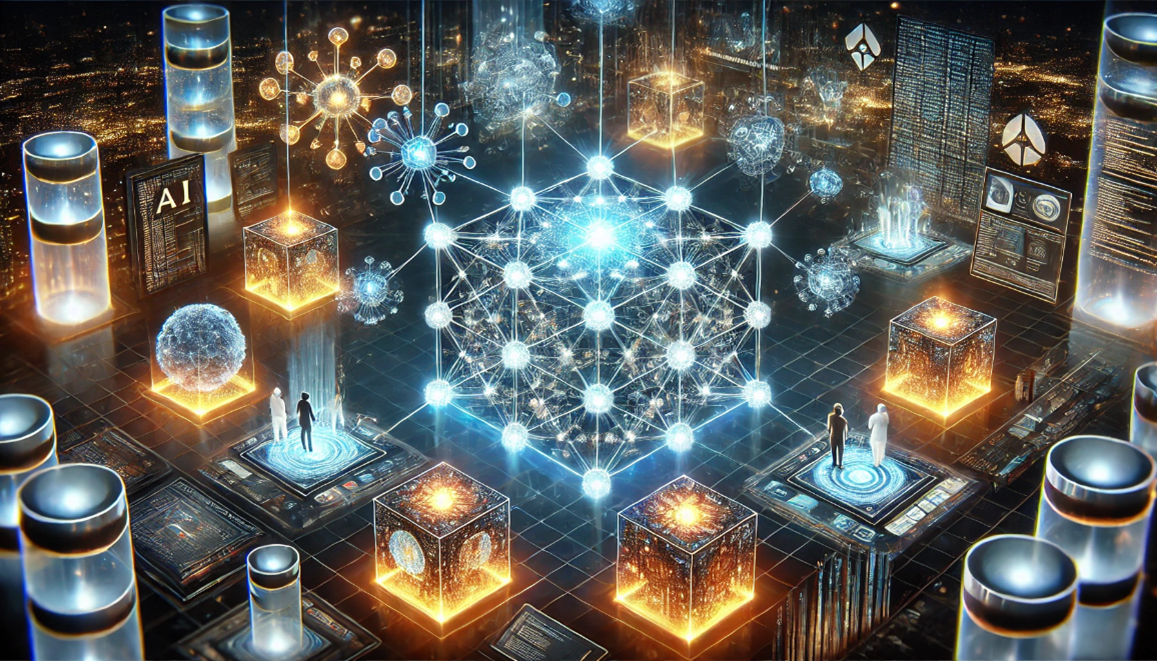 How can AI enhance the efficiency and security of blockchain systems?
How can AI enhance the efficiency and security of blockchain systems?
AI can significantly enhance both the efficiency and security of blockchain systems by leveraging its capabilities in data analysis, pattern recognition, automation, and decision-making.
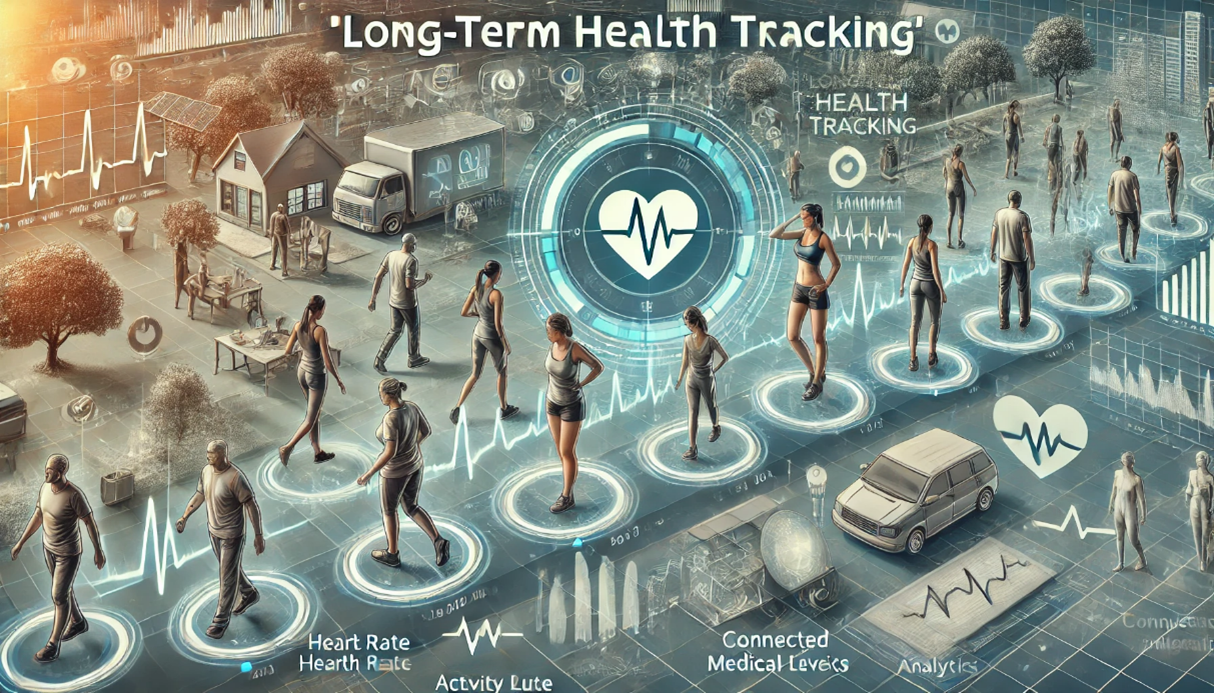 How can AI-powered wearables predict and prevent chronic diseases?
How can AI-powered wearables predict and prevent chronic diseases?
AI-powered wearables hold immense potential for predicting and preventing chronic diseases by continuously monitoring a wide range of health metrics and leveraging advanced data analytics.
 Can AI-driven wearables help improve mental health and stress management?
Can AI-driven wearables help improve mental health and stress management?
Yes, AI-driven wearables can significantly help in improving mental health and stress management.

